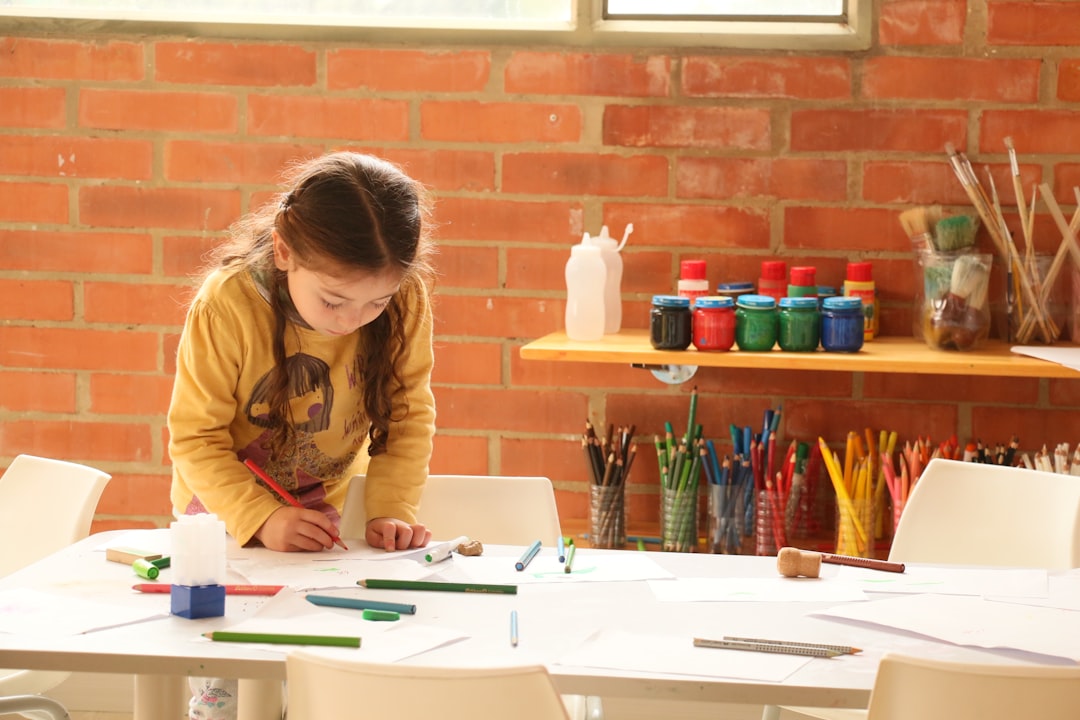In an ever-evolving world, the skills required to thrive are continually changing. As technology advances and global dynamics shift, today’s children need a robust set of skills that extends beyond traditional academic knowledge. Lifelong learning emerges not just as a beneficial habit but as a necessary one for adapting to new challenges and opportunities. This article explores essential future skills that children must develop and how parents and educators can foster an environment conducive to lifelong learning.
The Age of Adaptability
Adaptability is heralded as one of the paramount skills for the future. The ability to adjust and learn in varying circumstances can set the foundation for a child’s lifelong success. Encouraging children to embrace change rather than fear it prepares them for the unpredictable nature of future job markets and global scenarios. Activities that promote problem-solving, flexibility, and decision-making can play a crucial role in developing this skill from an early age.
Creativity and Innovation
With automation handling repetitive tasks, the demand for creative thinkers who can offer innovative solutions is on the rise. Creative skills aren’t limited to arts; they extend to finding new solutions to complex problems and inventing products or ideas that revolutionize industries. Children can be encouraged to develop their creativity through open-ended play, interdisciplinary learning, and encouragement to pursue personal interests and curiosities.
Digital Fluency
In the digital age, being merely familiar with technology isn’t enough. Future generations need to be fluent in digital languages, whether it’s coding, digital design, or understanding and managing data. Early exposure to STEM (Science, Technology, Engineering, and Mathematics) education and digital tools can help nurture this fluency. Furthermore, teaching children about digital ethics and security will prepare them to navigate the vast digital landscapes responsibly and safely.
Emotional Intelligence
Often overlooked in traditional education, emotional intelligence is the cornerstone of personal and professional relationships. It involves self-awareness, empathy, and managing emotions in socially appropriate ways. Cultivating emotional intelligence in children through social-emotional learning programs, mindfulness practices, and open family or classroom discussions about feelings and relationships can significantly influence their lifelong personal and professional success.
Global Citizenship
As the world becomes increasingly interconnected, understanding and appreciating global cultures and issues becomes crucial. Teaching children about global citizenship can begin with exposing them to different cultures through books, media, and community events. Discussions about global issues, like climate change, poverty, and politics, can also heighten awareness and inspire a desire to make a difference on a global scale.
The journey of preparing children for the future is complex and requires a commitment to fostering diverse skills that support both personal growth and professional adaptability. By prioritizing these skills and promoting a culture of lifelong learning, parents and educators can help pave a promising path for the next generation, ensuring they are not only capable of navigating the future but also shaping it.






